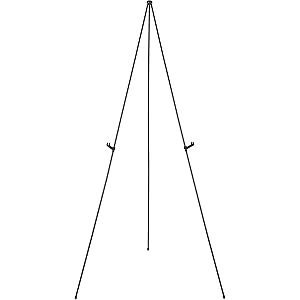Understanding Garden Pests
Garden pests are organisms that can cause harm to plants, flowers, and vegetables in your garden. These pests can range from insects to rodents, and their presence can lead to significant damage if not managed properly. Understanding the types of garden pests and their behaviors is crucial for maintaining a healthy garden.
Common Types of Garden Pests
There are several common types of garden pests that gardeners often encounter. Aphids, for instance, are small insects that suck the sap from plants, leading to stunted growth and potential disease. Other common pests include slugs, snails, caterpillars, and beetles, each posing unique threats to your garden’s health.
Identifying Garden Pests
Identifying garden pests is the first step in effective pest management. Look for signs such as chewed leaves, sticky residue, or visible insects on your plants. Additionally, yellowing leaves or wilting plants can indicate pest infestations. Regular inspections of your garden can help catch these issues early.
Natural Remedies for Garden Pests
Many gardeners prefer natural remedies to control garden pests. Introducing beneficial insects, such as ladybugs and lacewings, can help keep harmful pest populations in check. Additionally, homemade sprays using ingredients like neem oil or garlic can deter pests without harming the environment.
Chemical Solutions for Garden Pests
While natural remedies are effective, some gardeners may opt for chemical solutions to combat severe infestations. Pesticides can be effective but should be used with caution. Always read labels carefully and follow application instructions to minimize harm to beneficial insects and the surrounding ecosystem.
Preventing Garden Pests
Prevention is key when it comes to managing garden pests. Implementing practices such as crop rotation, companion planting, and maintaining healthy soil can deter pests from taking hold in your garden. Additionally, keeping your garden clean and free of debris can reduce hiding spots for pests.
The Role of Soil Health in Pest Management
Soil health plays a significant role in pest management. Healthy soil promotes strong plant growth, making plants more resilient to pest attacks. Regularly adding organic matter, such as compost, can improve soil structure and fertility, ultimately leading to healthier plants that can better withstand pests.
Seasonal Considerations for Garden Pests
Understanding seasonal patterns of garden pests can help you prepare and protect your garden. Many pests are more active during warm months, while others may overwinter in your garden. Being aware of these patterns allows you to take proactive measures to safeguard your plants throughout the year.
Monitoring and Managing Garden Pests
Monitoring your garden regularly is essential for effective pest management. Set up traps, use sticky cards, or simply observe your plants for signs of pest activity. Once identified, take appropriate action to manage the pests, whether through natural or chemical means, to protect your garden’s health.
Resources for Garden Pest Management
Numerous resources are available for gardeners seeking to manage pests effectively. Local extension services, gardening clubs, and online forums can provide valuable information and support. Additionally, books and guides on integrated pest management can offer strategies tailored to your specific gardening needs.

